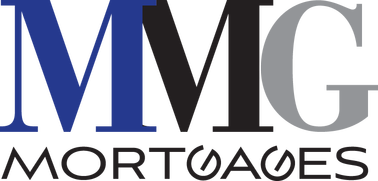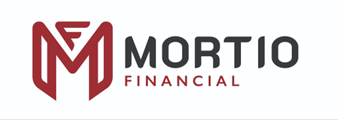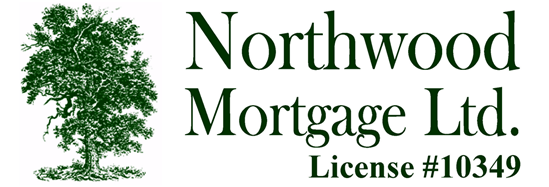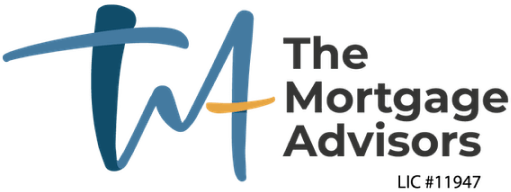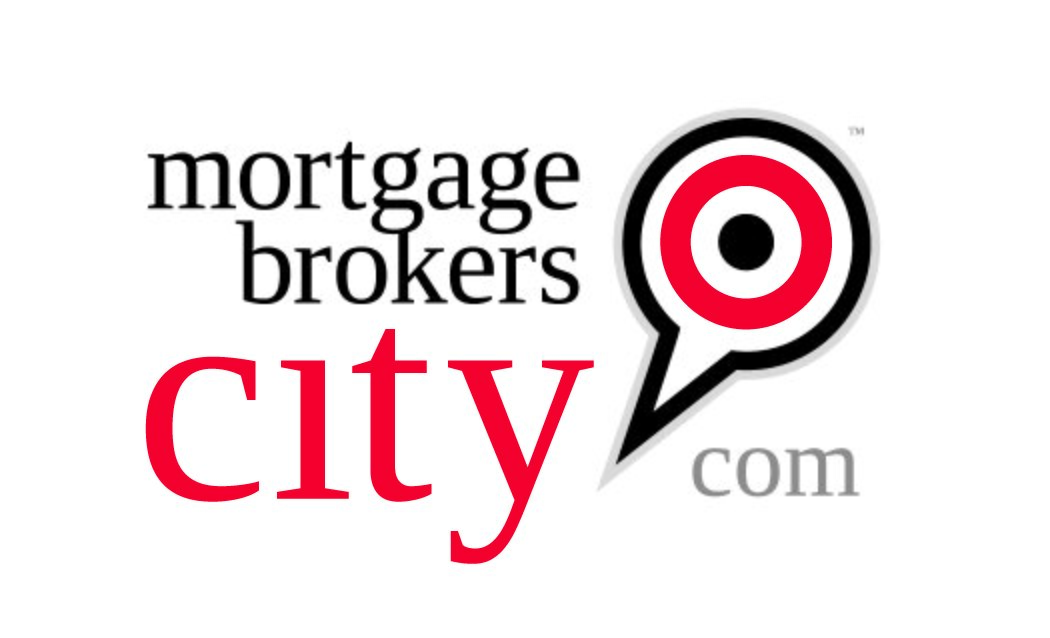10-Year Fixed Closed Mortgage Rates
Learn about 10-year fixed closed mortgages and see the best mortgage rates.
Today's Best Mortgage Rates in Canada
Evaluate Canada's best 10-year fixed mortgage rates in one place. RATESDOTCAs Rate Matrix lets you compare pricing for all key mortgage types and terms.
Rates are based on an average mortgage of $500,000 and subject to change based on filter criteria.
Updated 17:30 on Jul 15, 2025| Placeholder |
Insured
The rates in this column apply to borrowers who have purchased mortgage default insurance.
This is required when you purchase a home with less than a 20% down payment.
The home must be owner-occupied and the amortization must be 25 years or less.
|
80% LTV
The rates in this column apply to mortgage amounts between 65.01% and 80% of the property value. The home must be owner-occupied and have an amortization of 25 years or less. You must have purchased it for less than $1 million. These rates are not available on refinances. Refinances require "Uninsured" rates.
|
65% LTV
The rates in this column apply to mortgage amounts that are 65% of the property value or less. The home must be owner-occupied and have an amortization of 25 years or less. You must have purchased it for less than $1 million. These rates are not available on refinances. Refinances require "Uninsured" rates.
|
Uninsured
The rates in this column apply to purchases over $1 million, refinances and amortizations over 25 years. More info on the differences between insured and uninsured rates.
|
Bank Rate
Bank Rate is the mortgage interest rate posted by the big banks in Canada.
|
|---|---|---|---|---|---|
| 1-year fixed rate | 4.99% | 4.79% | 4.79% | 5.59% |
5.49%
|
| 2-years fixed rate | 4.04% | 4.34% | 4.34% | 4.54% |
4.79%
|
| 3-years fixed rate | 3.87% | 4.09% | 4.09% | 4.24% |
4.29%
|
| 4-years fixed rate | 4.09% | 4.15% | 4.15% | 4.44% |
4.39%
|
| 5-years fixed rate | 3.91% | 3.89% | 3.89% | 3.91% |
4.09%
|
| 7-years fixed rate | 5.19% | 5.00% | 5.00% | 5.19% |
5.00%
|
| 10-years fixed rate | 5.24% | 5.24% | 5.24% | 5.29% |
6.09%
|
| 3-years variable rate | 4.40% | 4.30% | 4.30% | 4.40% |
6.35%
|
| 5-years variable rate | 4.04% | 4.04% | 4.04% | 4.05% |
4.25%
|
| HELOC rate | N/A | N/A | N/A | N/A |
N/A
|
| Stress Test | 5.25% | 5.25% | 5.25% | 5.25% |
N/A
|
Today's Best Mortgage Rates in Canada
Evaluate Canada’s best mortgage rates in one place. You can compare the most current mortgage rates and monthly payments from 175+ banks and lenders across Canada.
Rates are based on an average mortgage of $500,000 and subject to change based on filter criteria.
| Lender
|
Insured
|
Insurable
|
Uninsured
|
|---|---|---|---|
|
MMG Mortgages
|
3.99%
$2,627.39 / month
|
4.19%
$2,681.85 / month
|
4.14%
$2,668.19 / month
|
|
Mortio Financial Corp
|
3.99%
$2,627.39 / month
|
4.24%
$2,695.56 / month
|
4.14%
$2,668.19 / month
|
|
Northwood Mortgage Ltd.
|
4.14%
$2,668.19 / month
|
4.24%
$2,695.56 / month
|
4.24%
$2,695.56 / month
|
|
Innovation Federal Credit Union
|
4.39%
$2,736.87 / month
|
4.39%
$2,736.87 / month
|
4.39%
$2,736.87 / month
|
|
True North Mortgage
|
2.99%
$2,363.66 / month
|
2.99%
$2,363.66 / month
|
2.99%
$2,363.66 / month
|
|
The Mortgage Advisors
|
3.87%
$2,594.98 / month
|
3.87%
$2,594.98 / month
|
3.87%
$2,594.98 / month
|
|
Nesto
|
3.91%
$2,605.76 / month
|
3.91%
$2,605.76 / month
|
3.91%
$2,605.76 / month
|
|
MortgagestoGo
|
3.94%
$2,613.86 / month
|
3.94%
$2,613.86 / month
|
3.94%
$2,613.86 / month
|
|
Hypotheca
|
3.94%
$2,613.86 / month
|
3.94%
$2,613.86 / month
|
3.94%
$2,613.86 / month
|
|
One Link Mortgage & Financial
|
3.95%
$2,616.57 / month
|
3.95%
$2,616.57 / month
|
3.95%
$2,616.57 / month
|
|
Northern Birch Credit Union
|
3.99%
$2,627.39 / month
|
3.99%
$2,627.39 / month
|
3.99%
$2,627.39 / month
|
|
Monster Mortgage
|
3.99%
$2,627.39 / month
|
3.99%
$2,627.39 / month
|
3.99%
$2,627.39 / month
|
|
Sudbury Credit Union
|
3.99%
$2,627.39 / month
|
3.99%
$2,627.39 / month
|
3.99%
$2,627.39 / month
|
|
The Police Credit Union
|
3.99%
$2,627.39 / month
|
3.99%
$2,627.39 / month
|
3.99%
$2,627.39 / month
|
|
Mainstreet Credit Union
|
3.99%
$2,627.39 / month
|
3.99%
$2,627.39 / month
|
3.99%
$2,627.39 / month
|
|
City Wide Financial Corp
|
3.99%
$2,627.39 / month
|
3.99%
$2,627.39 / month
|
3.99%
$2,627.39 / month
|
|
East Coast Mortgage Brokers
|
4%
$2,630.10 / month
|
4%
$2,630.10 / month
|
4%
$2,630.10 / month
|
|
Mortgage Brokers City Inc
|
4.04%
$2,640.95 / month
|
4.04%
$2,640.95 / month
|
4.04%
$2,640.95 / month
|
|
Prospera Credit Union
|
4.04%
$2,640.95 / month
|
4.04%
$2,640.95 / month
|
4.04%
$2,640.95 / month
|
|
First Credit Union
|
4.29%
$2,709.29 / month
|
4.29%
$2,709.29 / month
|
4.29%
$2,709.29 / month
|
|
First National Financial
|
4.34%
$2,723.07 / month
|
4.34%
$2,723.07 / month
|
4.34%
$2,723.07 / month
|
10-year fixed closed mortgages
A 10-year fixed mortgage will give you a constant rate of interest over a term of 10 years. This means that your mortgage rate will yield no surprises during the term. Your monthly mortgage payments will be fixed, protecting you against any interest rate fluctuations. If you choose to prepay your mortgage early, your lender will charge you a prepayment penalty.
We’ve compiled the most frequently asked questions about fixed rate and variable rate mortgages.
How will I save money with a 10-year fixed closed mortgage?
When you commit to a mortgage, choosing a better rate can save you thousands of dollars over a 10-year term. Any slightly lower mortgage rate will result in significant savings. A fixed mortgage allows you to budget for your monthly mortgage payments, as you won’t see any fluctuations in your mortgage rate. This can help you save money, as you can plan your monthly mortgage payments. Make sure you compare all the rates available to find the best mortgage rate for you. Browse the best mortgage rates in Canada on RATESDOTCA.
How much mortgage can I afford?
Before you start looking for a dream home, it’s a good idea to figure out how much you can afford, which is why we recommend using the Mortgage Affordability Calculator.
Once you know how much you can afford, you’ll know how much of a down payment you’ll need. Saving for a down payment is an important part of the home buying process. Furthermore, the size of your down payment can impact how much of a mortgage you qualify for. In Canada, the minimum down payment is 5% on the first $500,000 of the home price, and 10% on any portion exceeding $500,000, up to $1 million. A home priced above $1 million requires a minimum of 20% down.
One caveat that buyers need to be aware of is when they put down less than 20% of the cost of their home, they have to buy mortgage default insurance. If you’re able to put more than 20% of the home purchase down, you will qualify for a conventional mortgage product from your lender. If not, expect to pay an additional premium from 0.50 – 2.75% of the mortgage value, depending on your Loan to Value ratio (LTV) and amortization period.
Part of affordability that doesn’t automatically come to mind when you start looking for a home is the additional costs that come after your offer has been accepted. From closing costs and property taxes to life costs, it can really add up!
Should I choose a fixed rate or variable rate mortgage?
While you’re shopping for your dream home, you’ll have to decide the type of mortgage you are looking for, whether you prefer a fixed or variable rate mortgage.
A fixed mortgage rate enables you to “lock in” a predetermined rate for a term (set period of time). The most popular term is 5 years, though you can get one that can last anywhere from 6 months to 25 years.
The pros of a fixed mortgage rate:
- Security and comfort knowing what your principal and interest will be during the duration of your chosen term
- Financial planning and budgeting is easier
- Lower risk tolerance; a variable mortgage rate can be more volatile
The cons of a fixed mortgage rate:
- Pay more for securing and locking in a rate
- Pay more for breaking a contract Could cost more over long term
A variable mortgage rate is based on the mortgage lender’s prime rate. Prime is determined by current economic conditions, and is the benchmark interest rate used by major banks when pricing for short term loans. Since prime can increase or decrease on a monthly basis, a variable mortgage rate would increase or decrease with it as well.
The pros of a variable mortgage rate:
- Lower monthly payments as long as the prime rate usually doesn’t increase above fixed mortgage rates
- Pay three months’ interest for breaking a contract
The cons of a variable mortgage rate:
- Less financial security as prime can increase, increasing your monthly interest
- Financial planning and budgeting is harder
What is the difference between a mortgage term and an amortization period?
Amortization period refers to the entire length of your mortgage, whether it’s a short or long term mortgage. Most mortgages are negotiated over a 25 year amortization period.
During those 25 years, there will be a series of negotiated terms for a set number of years. The most common mortgage term length is five years, which means you pay the principal and interest at an agreed rate for five years, and then negotiate another five-year term.
Does my credit score have an effect on getting preapproved for a mortgage?
Is your credit score mortgage ready? Your credit score is important because it’s the deciding factor on if you get preapproved and how much you get preapproved for. Lenders want to know that you will repay your debt, so they consider the following factors: payment history, outstanding debt, credit history age, applying for new credit too often and the type of debt you are looking for (long term debt vs. short term debt).



